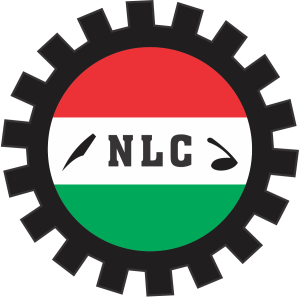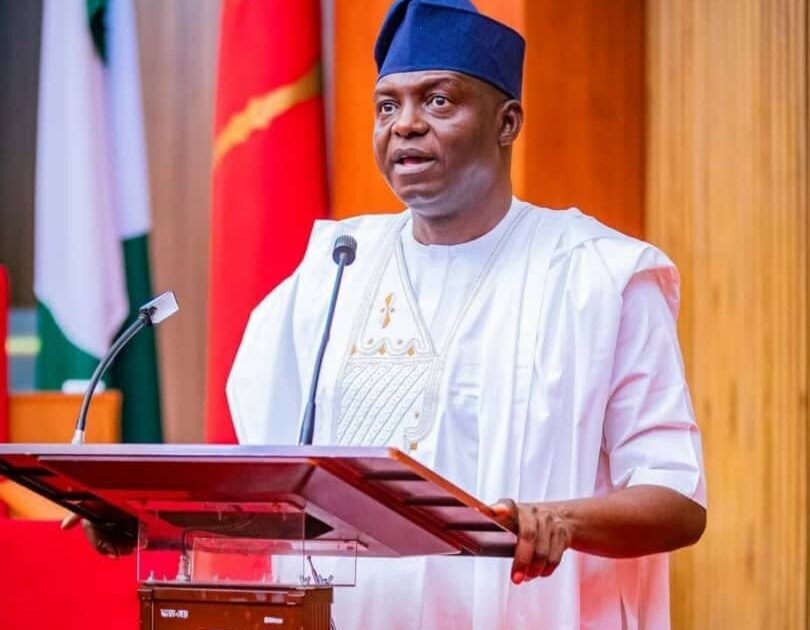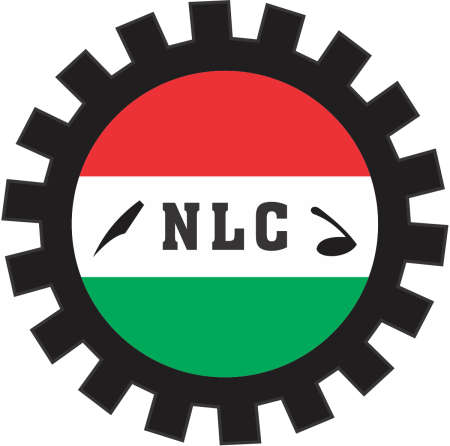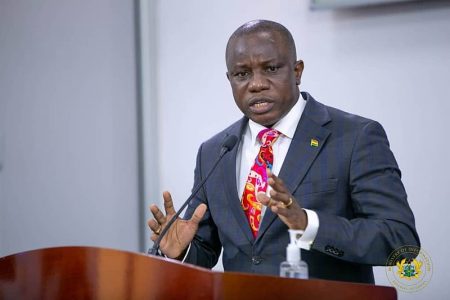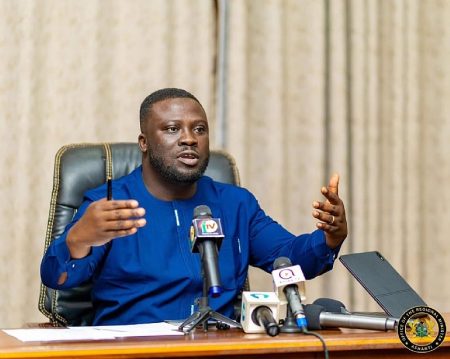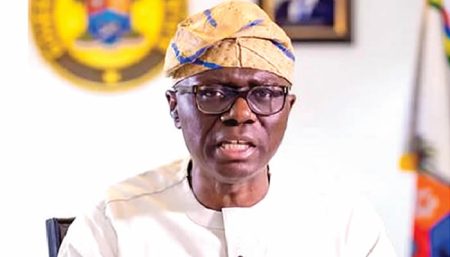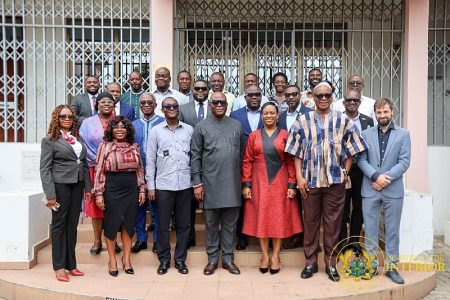Professor Nentawe Goshwe Yilwatda’s ascension to the chairmanship of the All Progressives Congress (APC) marks a significant transition in the party’s leadership. Replacing Abdullahi Ganduje, who resigned citing health concerns, Yilwatda brings a blend of technocratic expertise and political experience to the helm of Nigeria’s ruling party. His background in engineering, coupled with his involvement in governance reform and active participation in party politics, positions him uniquely to navigate the complex landscape of Nigerian politics and steer the APC through the challenges and opportunities that lie ahead. Yilwatda’s appointment signifies a potential shift in the party’s direction, potentially emphasizing a more technocratic approach to governance and policy formulation.
Yilwatda’s journey to the APC chairmanship is rooted in a diverse and accomplished career. Born in Plateau State, he pursued a rigorous academic path, culminating in a PhD in Digital Systems Engineering from the University of Nigeria, Nsukka. His educational foundation in engineering provides a structured and analytical approach to problem-solving, a valuable asset in the often-turbulent world of politics. Furthermore, his international training in e-governance from the United Nations University highlights his forward-thinking perspective and commitment to modernizing governance structures. These experiences have equipped him with the skills to manage complex organizations and implement strategic initiatives, crucial attributes for leading a major political party like the APC.
His political involvement began to take shape during the 2023 general elections. Serving as the coordinator for the Tinubu/Shettima Presidential Campaign in Plateau State, Yilwatda demonstrated his organizational abilities and commitment to the party’s success. He also contested the governorship election in Plateau State on the APC platform, showcasing his willingness to engage directly in the electoral process. Although unsuccessful in his gubernatorial bid, his active participation in the election cycle provided valuable insights into the dynamics of Nigerian politics and the challenges faced by the APC at the grassroots level. This experience will undoubtedly inform his approach to party leadership and his strategies for strengthening the APC’s presence across the country.
Following his defeat in the governorship election, Yilwatda demonstrated his respect for the rule of law by initially challenging the results in court but ultimately accepting the Supreme Court’s decision. This action reflects his commitment to democratic principles and his willingness to abide by the legal framework governing electoral disputes. While his acceptance of the court’s decision may have disappointed his supporters, it also underscored his respect for the judicial process, a crucial element in maintaining the integrity of Nigeria’s democratic institutions. This act of conceding defeat gracefully further solidified his reputation as a principled politician committed to upholding the rule of law.
Yilwatda’s close relationship with former Plateau State Governor Simon Lalong has played a significant role in his political trajectory. This alliance provided him with mentorship and access to influential networks within the APC, paving the way for his rise within the party ranks. Following Lalong’s election to the Senate, Yilwatda was widely considered a strong contender for a ministerial position, further highlighting his growing prominence within the party. His eventual nomination as Minister of Humanitarian Affairs and Poverty Alleviation, before being named the APC’s substantive chairman, underscores the trust and confidence placed in him by key figures within the party.
The appointment of Nentawe Goshwe Yilwatda as the National Chairman of the APC marks a new chapter in the party’s history. His blend of technical expertise, political experience, and strong relationships within the party positions him to lead the APC through a period of significant change and challenge. As he assumes this crucial role, his leadership will be instrumental in shaping the party’s direction, influencing its policies, and determining its success in future elections. The challenges ahead are numerous, including navigating internal party dynamics, addressing the economic concerns of Nigerians, and preparing for the next electoral cycle. Yilwatda’s ability to effectively manage these challenges will be crucial to the APC’s continued dominance in Nigerian politics.




